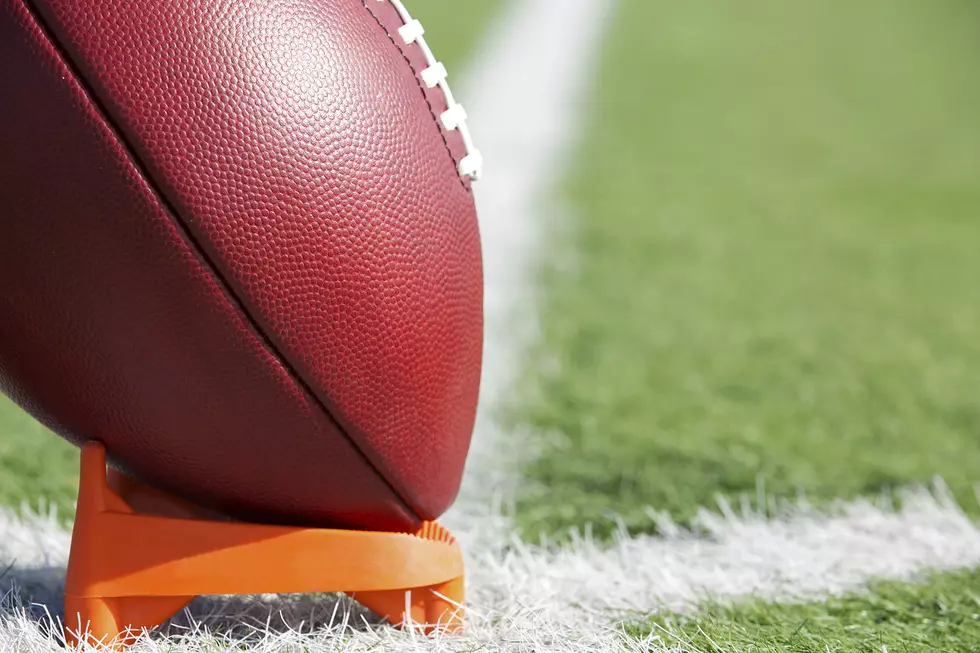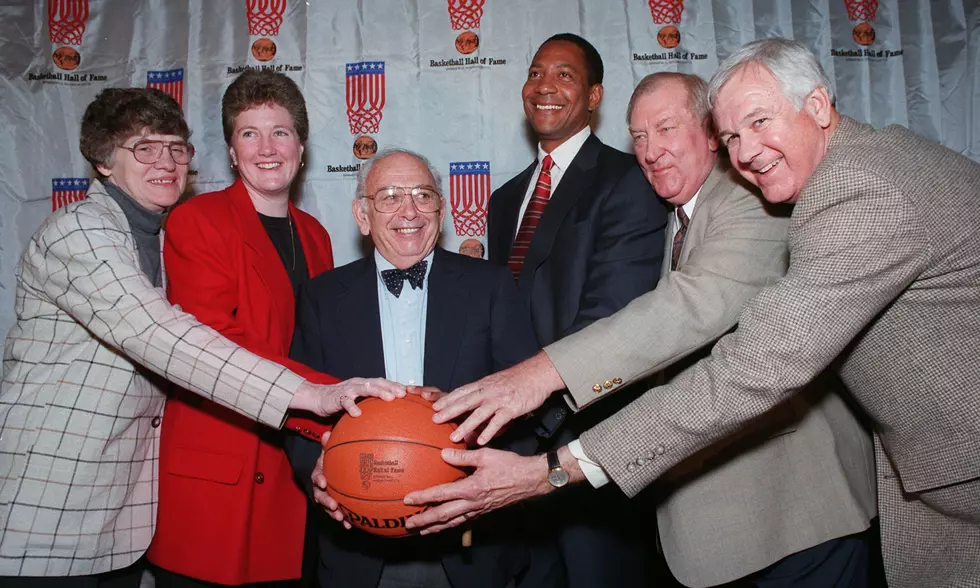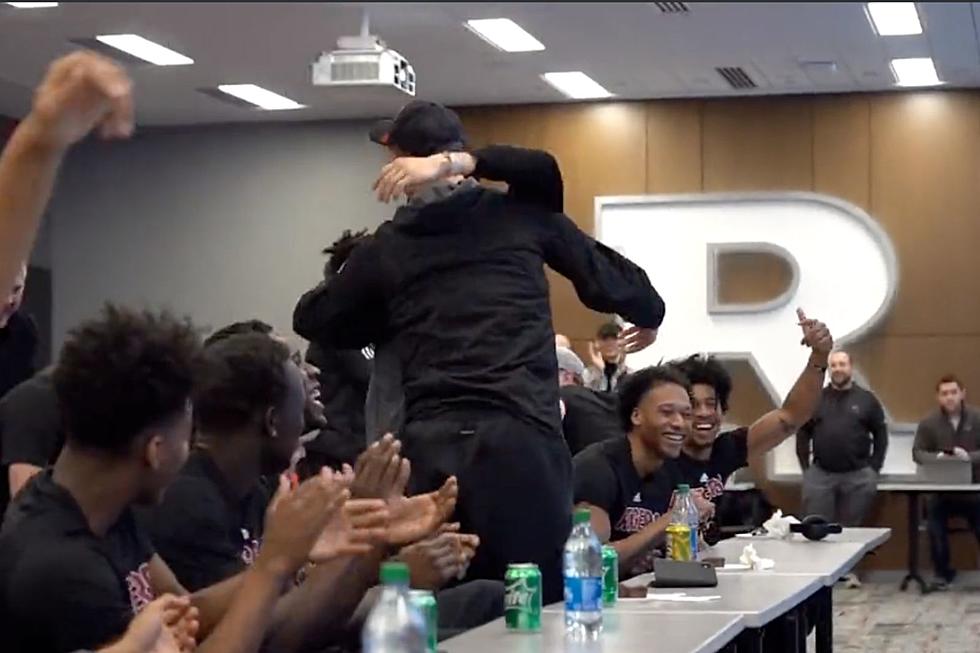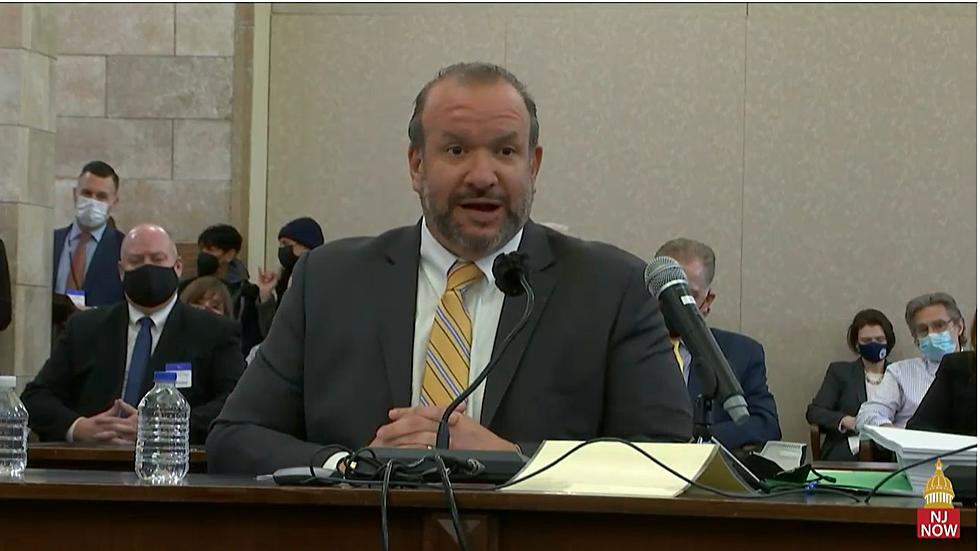
College athletes should be able to make money, NJ lawmakers say
California in September approved legislation that clears a path for college student-athletes in the state to earn compensation for the use of their name, image or likeness — a perk that has been barred by the National Collegiate Athletic Association, but which the regulatory body's board on Tuesday voted to change.
A couple of New Jersey lawmakers want the Garden State to be the next to green-light endorsements for these athletes.
"The restrictions currently placed on our student-athletes are fundamentally unfair," said state Sen. Joseph Lagana, D-Bergen. "A lot of people, including many at the NCAA, earn large amounts of money off of the blood, sweat and tears of talented young New Jerseyans in this state and, frankly, across the country."
Lagana, a former college athlete, said students who excel in other disciplines, such as the arts, are not restricted from seeking endorsements. His legislation, he said, is another example of the growing need to defend and expand workers' rights in all areas.
"By allowing students to accept endorsements and profit off their likeness, we can put them in control of their future, without having to rely entirely on the goodwill of the school they attended," added fellow sponsor Sen. Sandra Cunningham, D-Hudson.
The NCAA Board of Governors took the first step Tuesday toward allowing athletes to cash in on their fame, voting unanimously to clear the way for the amateur athletes to "benefit from the use of their name, image and likeness."
The NCAA and its member schools now must figure out how to allow athletes to profit while still maintaining rules regarding amateurism. The board asked each of the NCAA's three divisions to create the necessary new rules beginning immediately and have them in place no later than January 2021
Universities are making immense profits from their athletic departments, Cunningham said, noting that student-athletes who receive a scholarship can have that stripped with one serious injury.
Under the bill, named the New Jersey Fair Play Act, collegiate student-athletes can hire an agent or lawyer and be paid for use of their name, image or likeness. If a student-athlete were to earn compensation under this bill, his or her scholarship eligibility can not be affected.
New Jersey's law would not allow a player to earn compensation in connection to adult entertainment, alcohol, gaming, smoking, pharmaceuticals or firearms.
California's measure is slated to take effect in 2023. Related legislation is being considered in Florida, New York, South Carolina, Minnesota, and Pennsylvania, lawmakers said. The idea is also under consideration by the United States Congress.
Kevin Williams, of the Shore Sports Network, believes such legislation "can only work" if it's done on the federal level.
"You simply cannot have it be a law on a state-by-state basis because it will put schools on an uneven playing field," Williams said.
Come 2023, he said, a high school athlete would be more inclined to attend a college in California than nearby Arizona, if he or she had a number of options from which to choose.
"I believe college athletes should be entitled to some form of compensation for certain endorsements, use of their images, etc. But it must be nationwide and will need serious oversight," Williams said. "If not, boosters will make a mess of this and it will be like the wild, wild west of college football."
Lagana said ideally, NCAA will eventually choose to scrap its prohibition altogether. Individual states acting on their own, he said, may get the association to move faster.
The NCAA has said state laws that contradict the national governing body's rules could lead to athletes being declared ineligible or schools not being allowed to compete.
The Associated Press contributed to this report.
More from New Jersey 101.5:
Contact reporter Dino Flammia at dino.flammia@townsquaremedia.com.
More From New Jersey 101.5 FM









